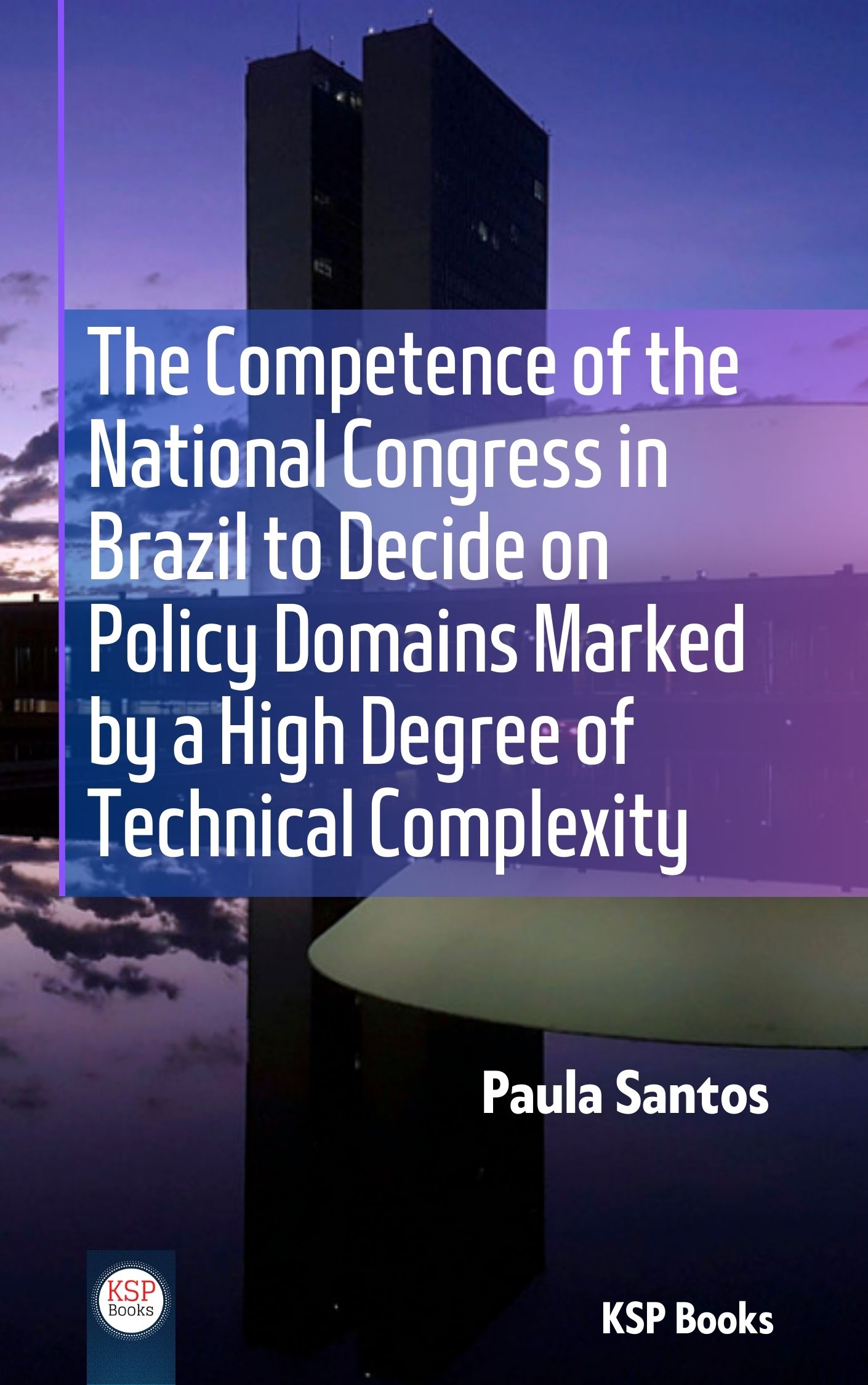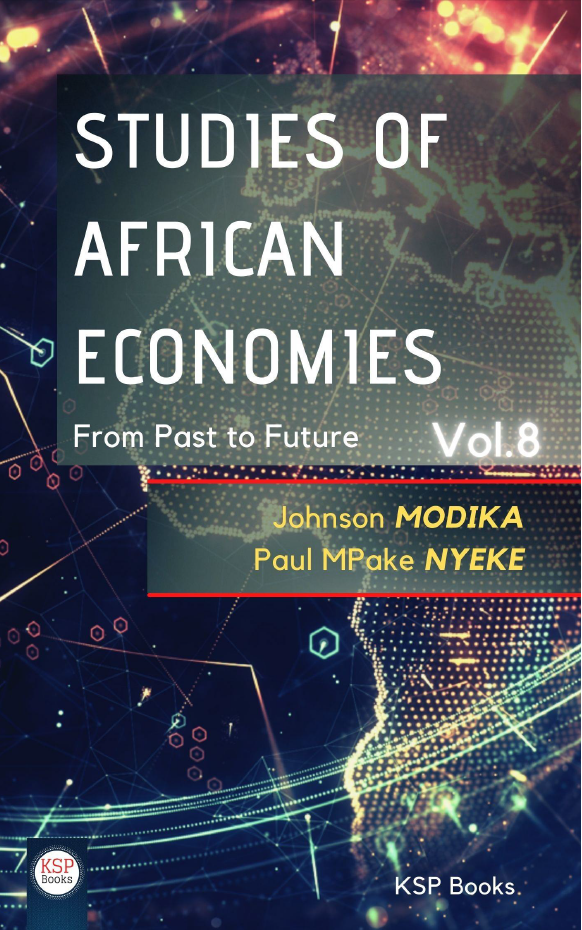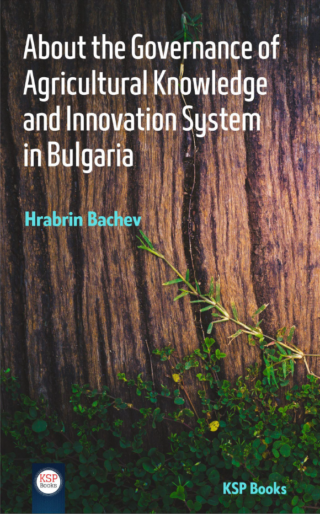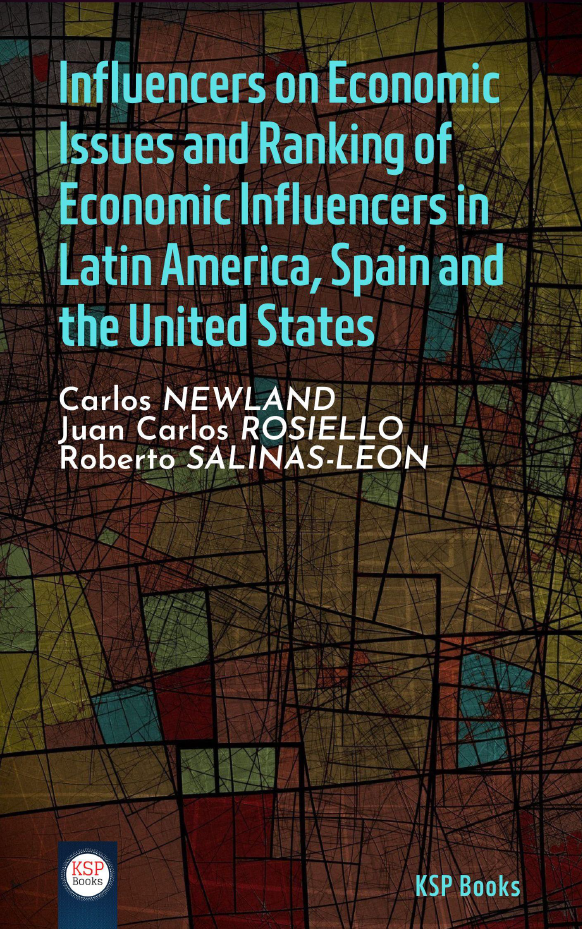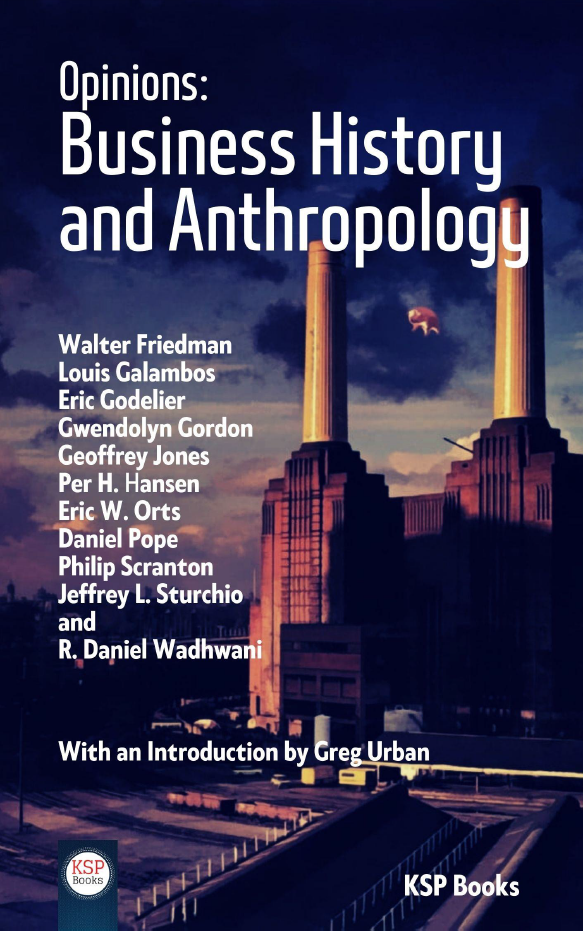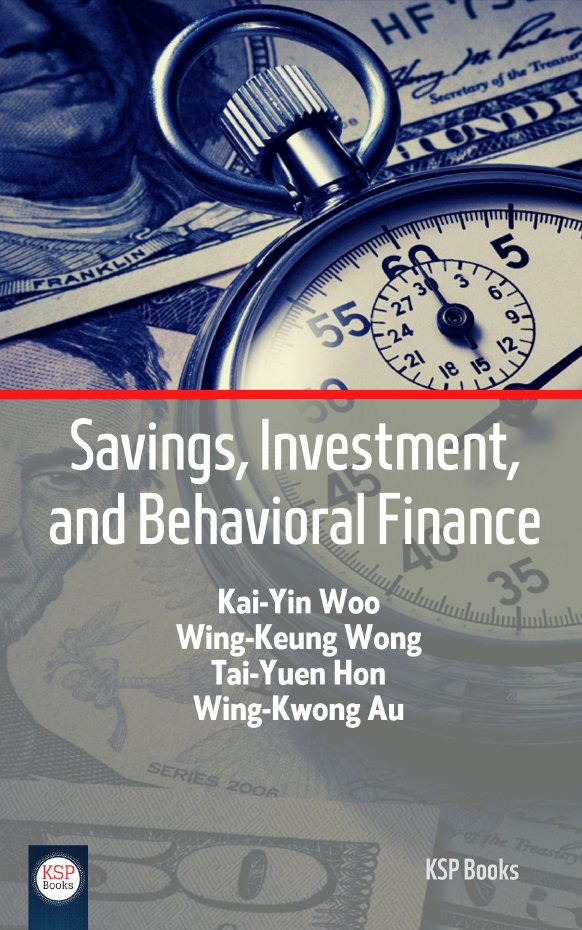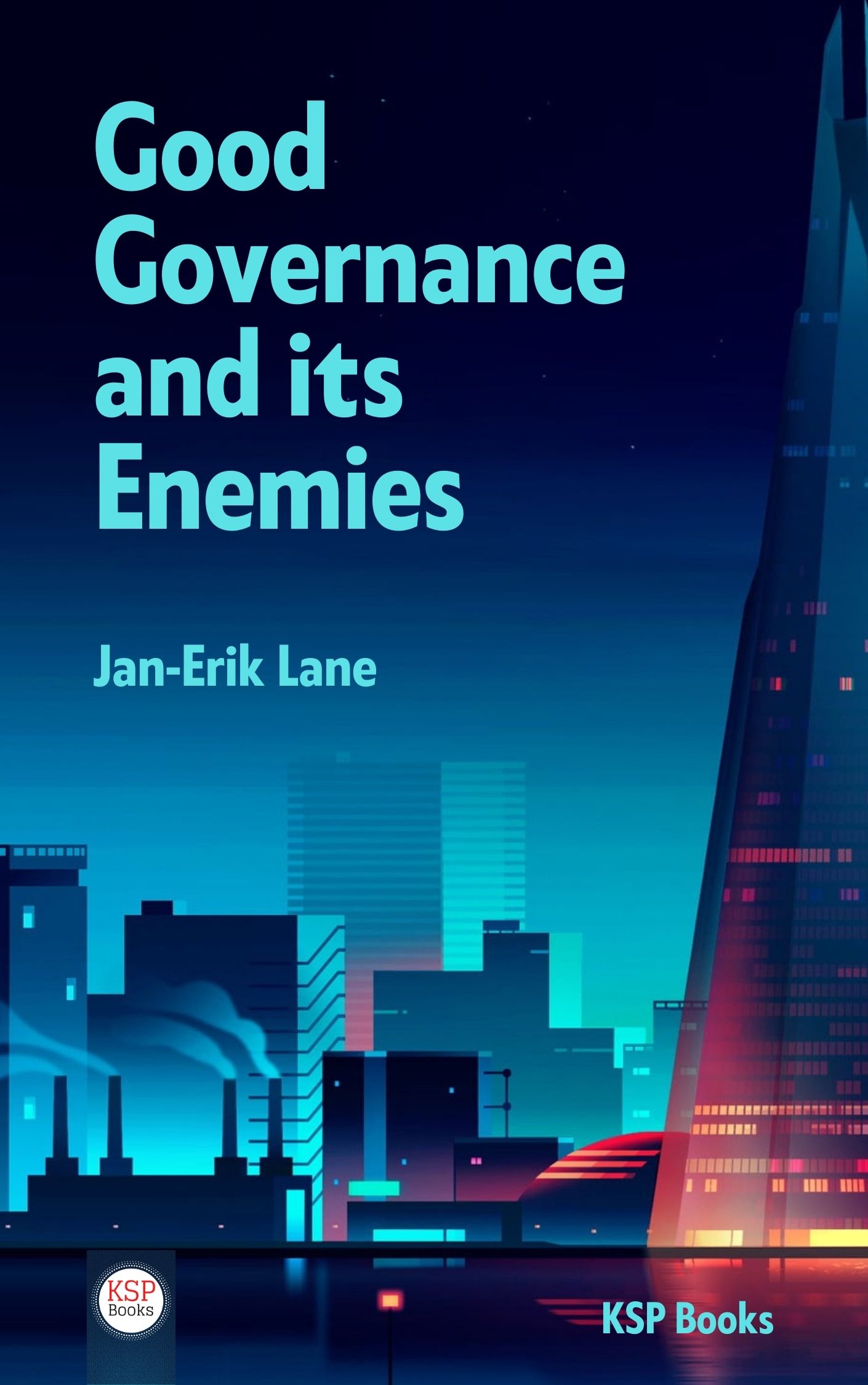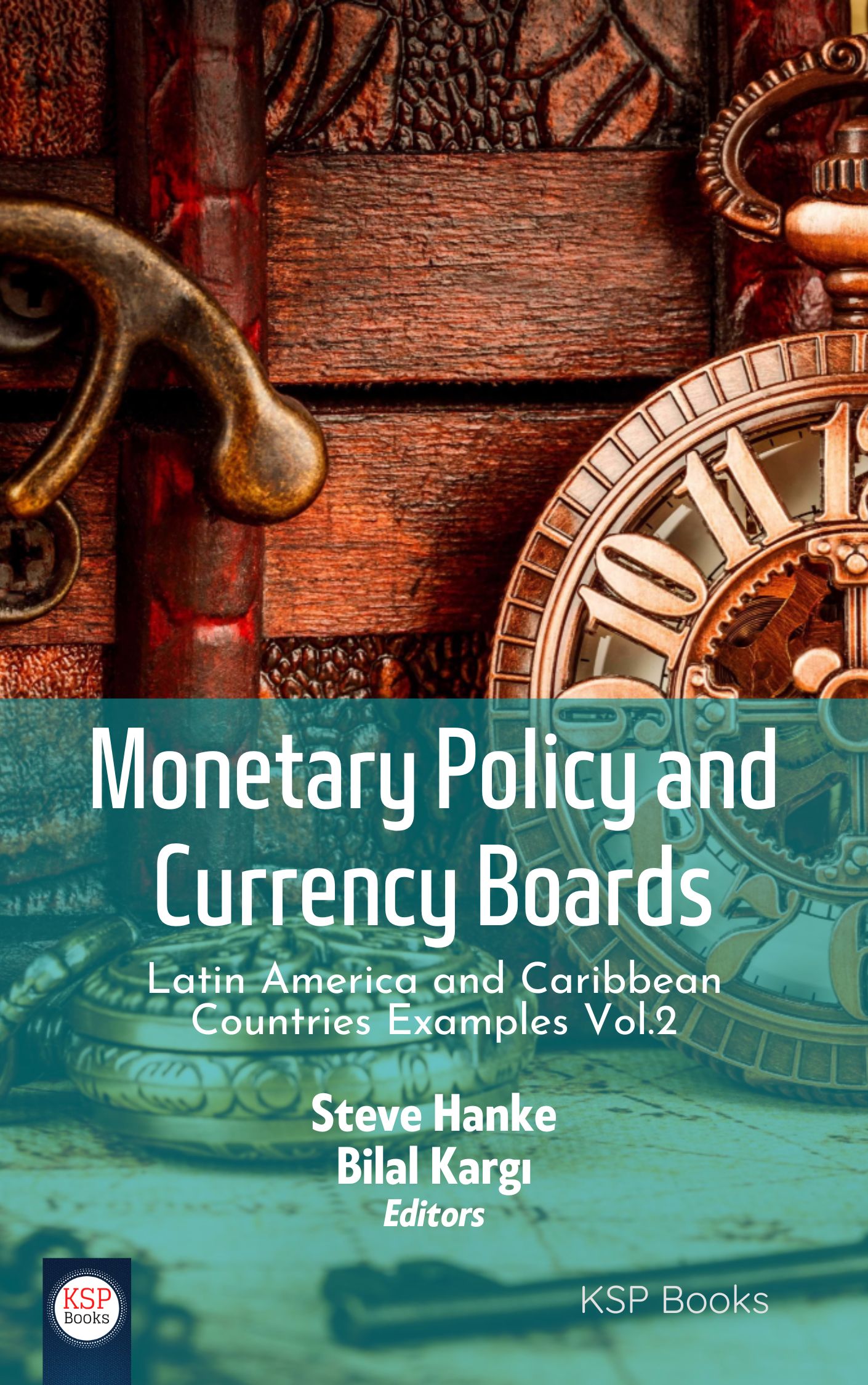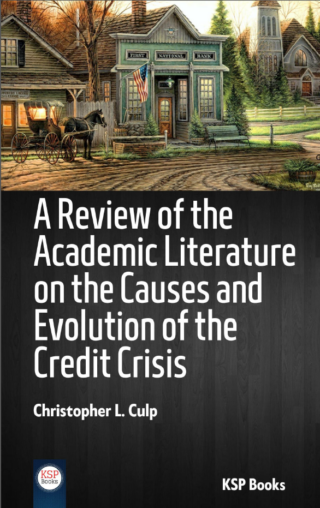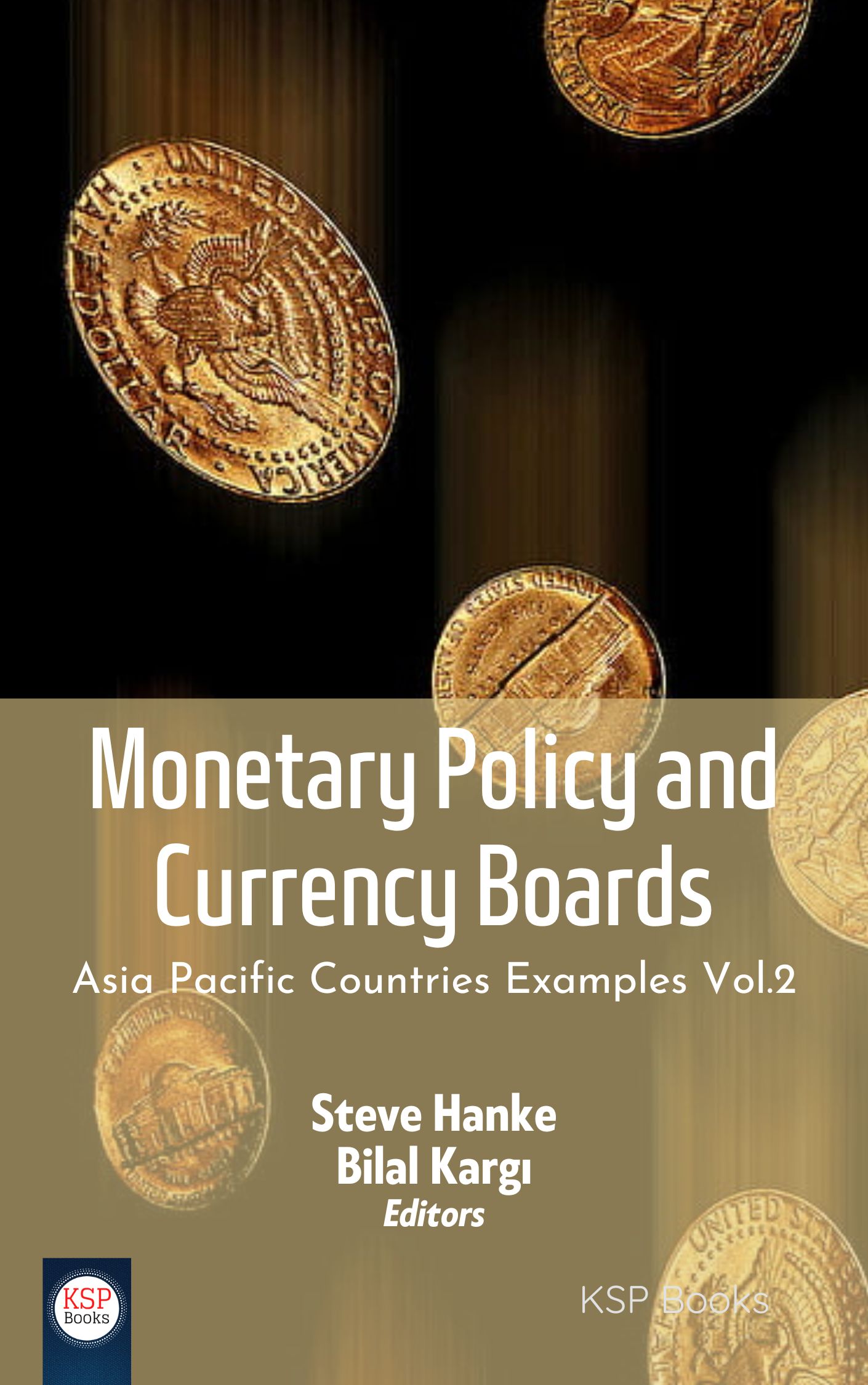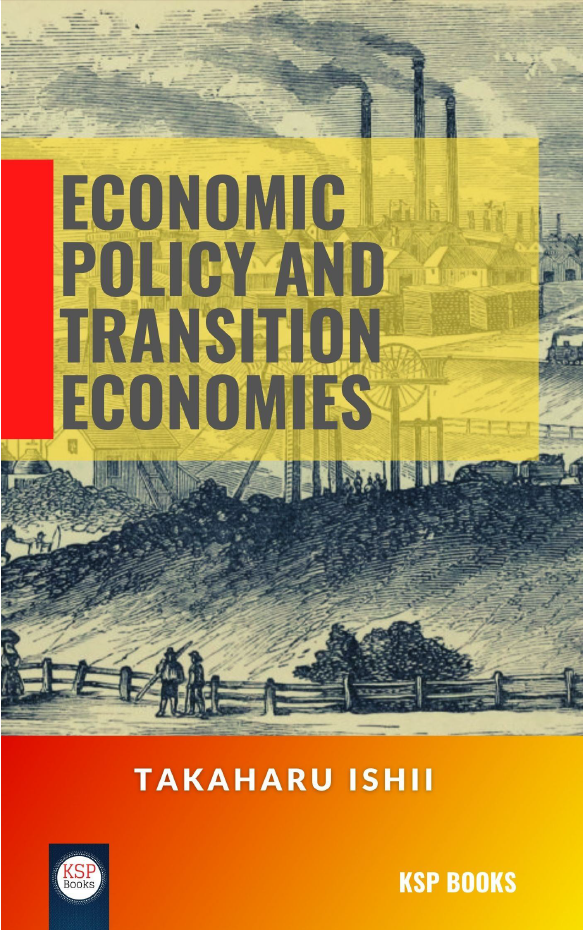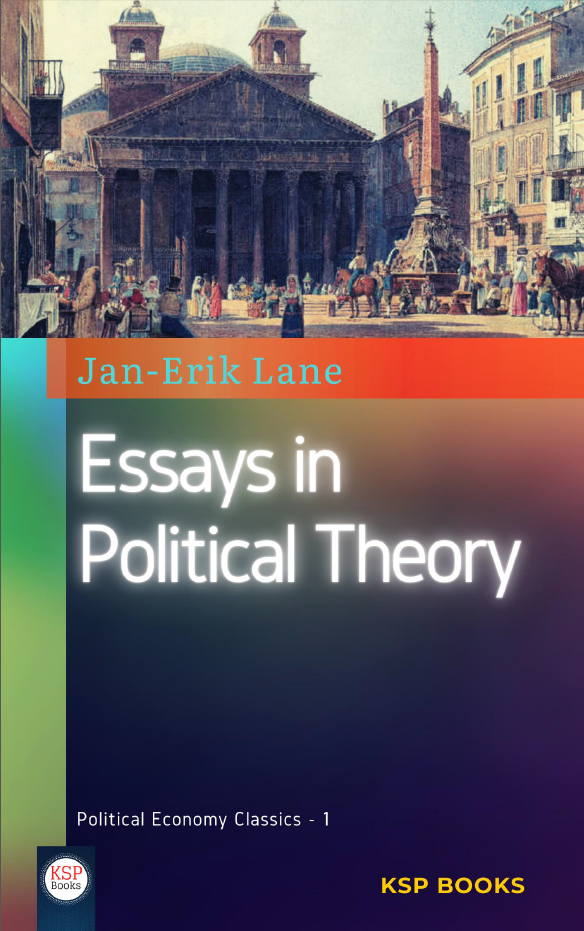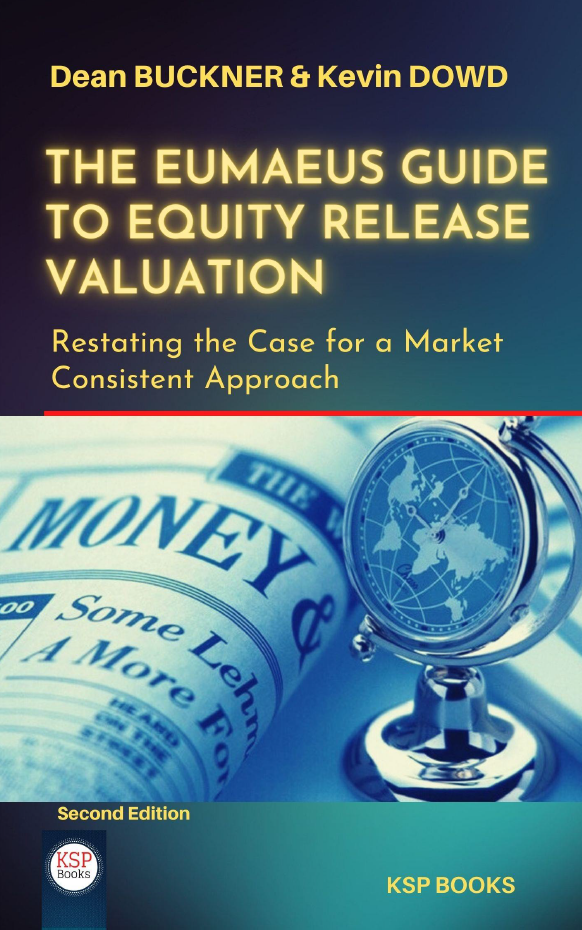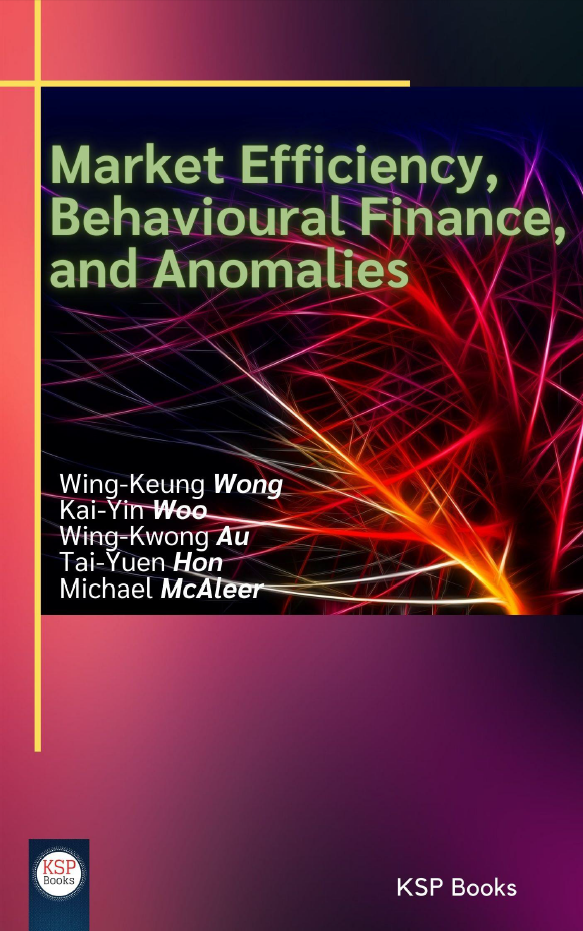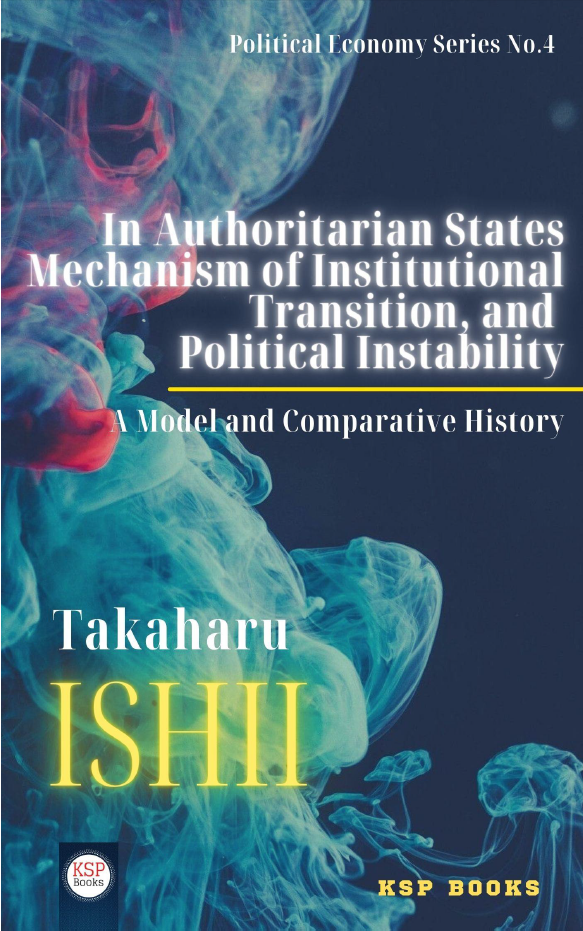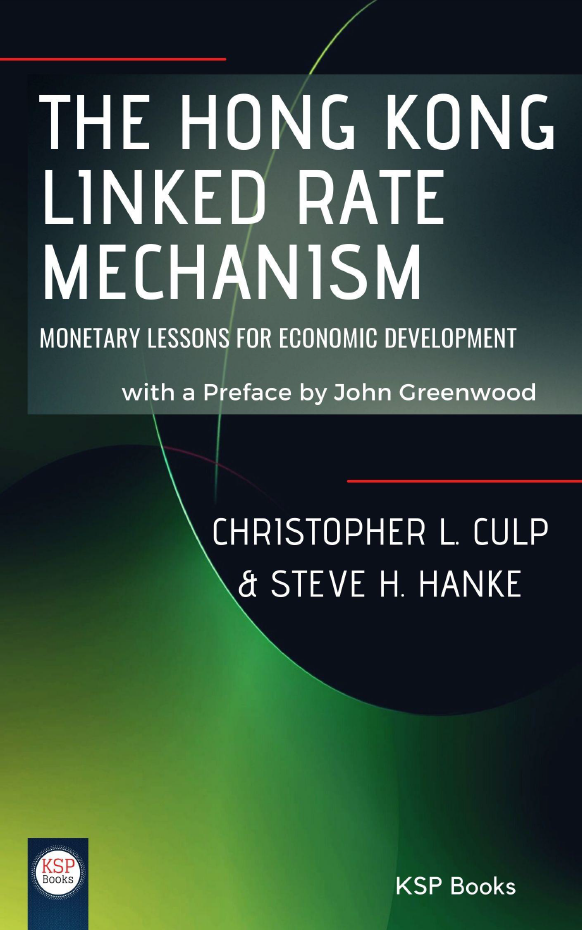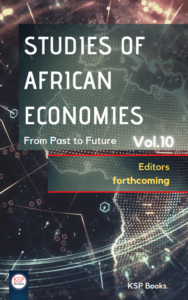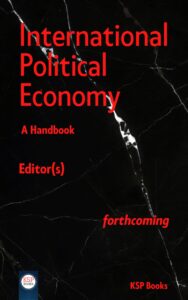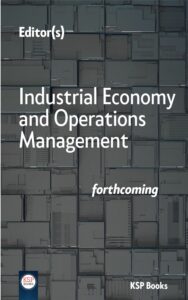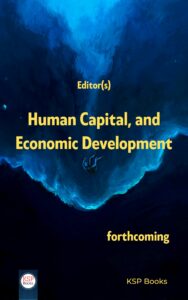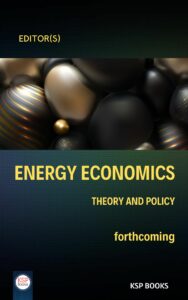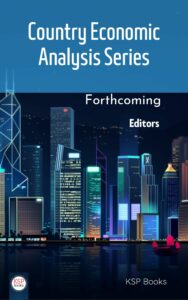By
Noman Arshed
Department of Economics, School of Business and Economics, University of Management and Technology, Lahore, Pakistan.
e-ISBN: 978-605-7736-94-9
Publishing Date: June 15, 2020
File Size: 4,300 MB
Length: xviii + 168 pages (PDF)
Language: English
Dimensions: 13,5 x 21,5 cm
 This Book is completely open access. You can freely read, download and share with everyone.
This Book is completely open access. You can freely read, download and share with everyone. 
The project to write a book on applied Econometrics when I was granted with the Econometrics II course to teach to MPhil Economics, the contents of this book were developed from the lecture material which is competitive to course contents of The University of Edinburgh UK, a university where I did MSc in Economics, exploring other books, personal experience and the critical discussion by the students. The variety of contents which this book covers meet no competition with other universities in the city.
This book is an attempt to provide straight forward application based illustration of popular econometric models which are popular and available in the literature. I started this work with the idea that a research practitioner who is not versed with the basics of mathematics and statistics. He might not be able to understand the complex econometric model. This book provides firstly with some background to the model regarding what are the conditions which lead to this model selection. Secondly, basic mathematical derivations which are necessary for the concept. Lastly, STATA software-based example and its interpretation. The approach this book uses it that it delivers the concepts of the econometric models as well as it provides guidelines to use the STATA software using coding.
This book is especially designed for the MPhil / PhD students of all social science disciplines. And researchers who want to avail the skills of latest econometric models to be used in subjects like Sociology, Psychology, Finance and Banking.
This book uses a unique way to categorize the econometric models, which makes it different from other Econometrics books available in the market. In the first chapter, it provides an example of the simple regression model, and explains what information it provides and what information it lacks, the information which is lacking is called post regression issues in Econometrics. Unlike other econometric text books, it advocates the regression issues as missing information which model needs to incorporate rather than presenting them as a disease in a model. Then this book practically explains what each issue means and then categorizes the advanced model based on its incorporation (solution) to the regression issue.
This book constitutes of chapter 1, which provides brief and necessary background knowledge of Econometrics and regression analysis. The second part includes chapters 2–5, which are provided illustrations for the cross-sectional based models.
Chapter 1
Introduction to regression analysis
Why regression analysis
Regression analysis
Ordinary least square methods
Estimation and role of uncertainty
Properties of ordinary least squares
Example of regression analysis
Hypothesis testing
Type of variables
Types of regression data sets
Summary
Application questions
Further study
Chapter 2
Need of advanced models
Introduction
Assumptions of ordinary least squares
Scope of ordinary least squares
Introduction to STATA
Post regression diagnostics for cross sectional data
Case study I
Case study II
Summary
Application questions
Further study
Chapter 3
Models for heteroskedasticity asticity
Introduction
Case study III
Linear probability model
Logit & Probit model
Tobit model
Multinomial Logit model
Conclusion & discussions
STATA code
Summary
Application questions
Further study
Chapter 4
Instrumental variable regression
Incorporationg endogeneity
Detecting endogeneity using IV regression
3SLS estimates
GMM approach to IV regression
Robust GMM regression
Discussion
STATA code
Summary
Application questions
Further study
Chapter 5
SURE/SEM regression for simultaneity
Introduction
Detection of SURE regression
SURE regression
Constraint SURE regression
Discussion
STATA code
Summary
Application questions
Further study
Chapter 6
Modelling in the presence of multicollinearity
Detecting multicollinearity
Stepwise regression
Exploratory analysis
Ridge regression
Discussion
STATA code
Summary
Application questions
Further study
End notes
Descriptive statistics in cross sectional data
Mean, Standard Deviation
Skewness, Kurtosis and Normality
Association between quantitative variables
Association between quantitative and qualitative variable
References
Noman Arshed
Department of Economics, School of Business and Economics, University of Management and Technology, Lahore, Pakistan.
Noman Arshed is currently Lecturer in Department of Economics, School of Business and Economics, University of Management and Technology Lahore Pakistan. He has completed his MS Economics from the University of Edinburgh, Edinburgh United Kingdom. He has experience in Economics, Mathematics and Statistics which lead opt the specialization of Econometrics. The Author has taught statistics and Econometrics in baccalaureate and masters level as well as taught several statistical software packages like Eviews, SPSS, STATA and Microfit. The author maintains an online blog of http://nomanarshed.wordpress.com, which is regularly used to share discussions regarding Econometrics. The author has provided the following online link https://nomanarshed.wordpress.com/applied-econometric-models/ which can be accessed to get the data sets for the examples illustrated in the book. Readers and resource persons are welcome to visit the webpage and provide your comments and suggestion regarding this effort to simplify Econometrics.
Related EconPedia Items




